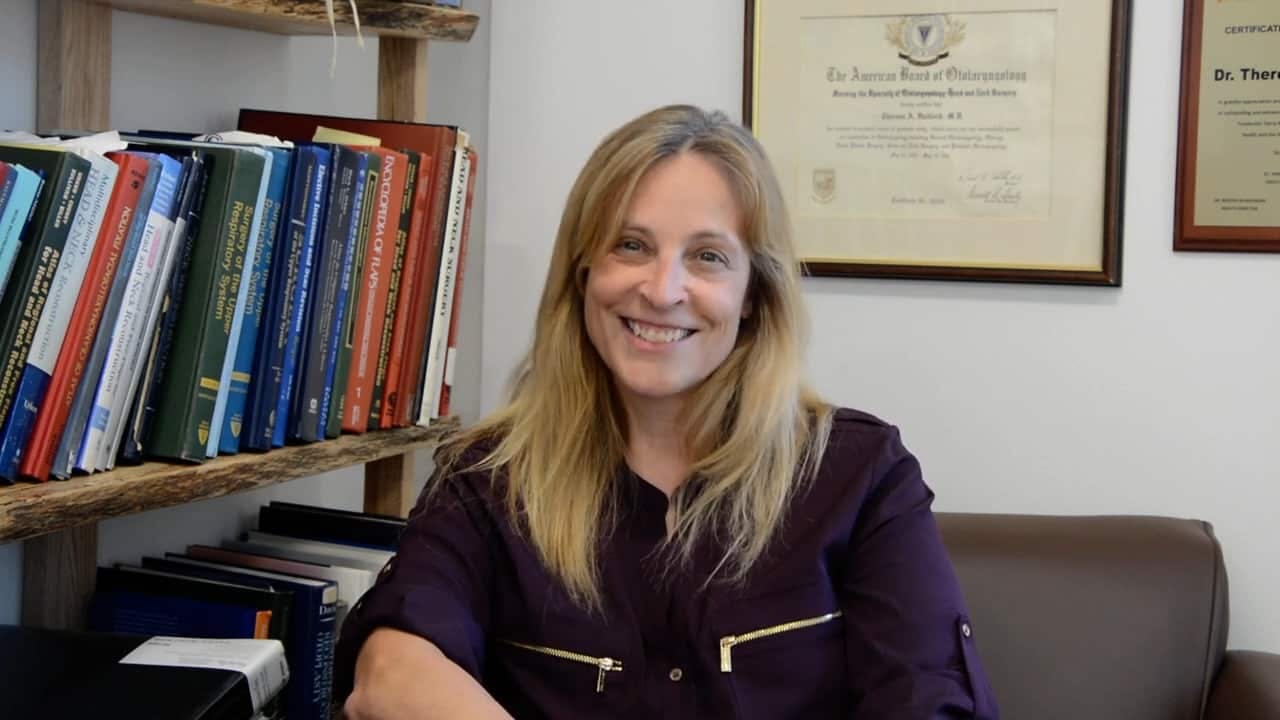Our upper blepharoplasty in Boston is a refined, meticulous procedure performed at the Hadlock Center for Facial Plastic Surgery.
The Upper Blepharoplasty Procedure
Our upper eyelid surgery in Boston addresses various concerns, including excess skin, drooping eyelids, puffiness, and wrinkles around the upper eye area. At the Hadlock Center for Facial Plastic Surgery, we offer this procedure as an in-office treatment, emphasizing patient comfort and convenience. The decision to perform the procedure without general anesthesia or sedation is rooted in Dr. Hadlock’s expertise and commitment to providing safe, effective, and comfortable care.






